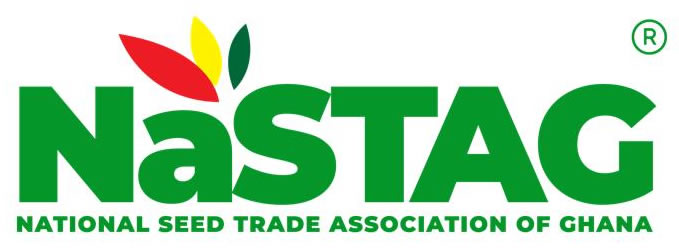A framework to regulate seed production standards in Ghana is in its final stages and would soon be approved by Parliament. The Ghana Seed Regulatory Framework will standardize seed production for maize, rice, sorghum and soya beans.
Director of Crop Services Directorate of Ministry of Food Agriculture, Mr Seth Osei Akoto, made the revelations at the 2018 National Seed Value Chain Business Networking Forum.
The event was organised by the National Seed Trade Association of Ghana (NASTAG) in collaboration with the United States Agency for International Development (USAID).
Mr Akoto, who spoke on behalf of the Agric Minister said the government has also made significant progress for the implementation of the National Seed Plan.
The forum discussed ways to improve policy, regulatory and investment framework for enhanced private seed business through sustained public-private dialogue.
It brought together over 100 participants, including government officials, researchers, seed enterprises, policymakers, development partners, financial institutions, civil society, and farmer-based organisations to forge partnerships and increase investment in Ghana’s seed sector.
Step up efforts
President of NASTAG, Mr Thomas Havor, said private seed producers are committed to scaling up their efforts to meet seed demands for government’s ‘Planting for Food and Jobs’ (PFJ) policy. He said the sector would also sustain its momentum and even meet the international seed demands, especially in Sub-Saharan Africa.
“NASTAG has become a relevant player and contributor to key government policies and growth in agricultural productivity of farmers,” he said.
Challenges
CEO of M&B Seeds and Agricultural Services, one of the many private seed producers that participated in the forum said the event allows him to discuss challenges facing the private seed production with other stakeholders.
Benjamin Kemetse said there is a potential for private seed producers to supply the 4000 tonnes of seed required by the local agricultural industry, access to capital remains a major challenge.
“If the PFJ is well implemented it will open up the seed market, he said.



